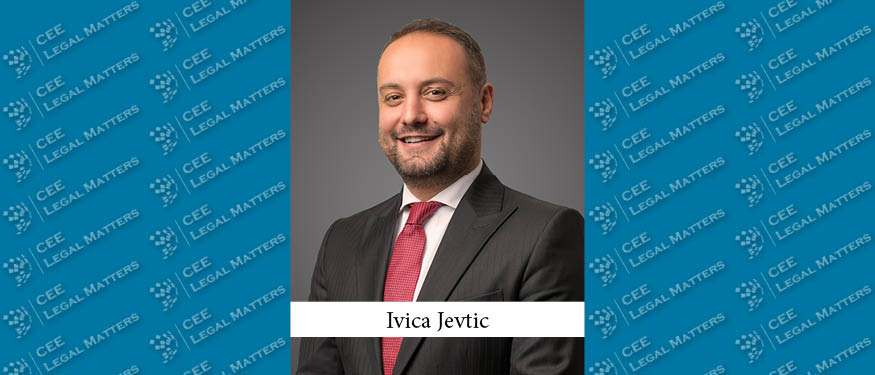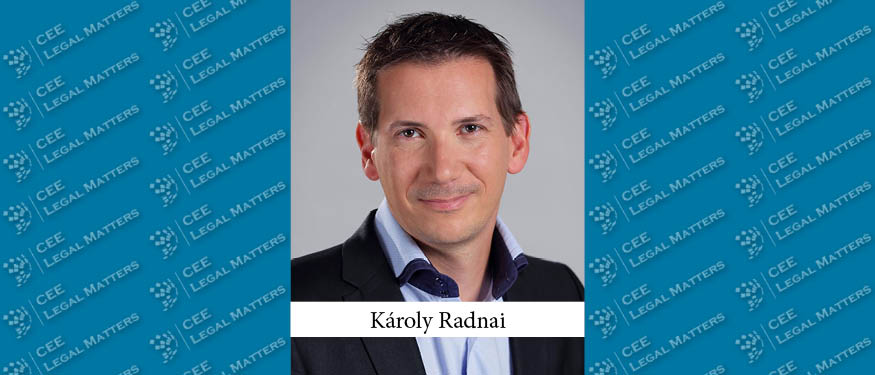More than two years ago, in April 2021, the European Commission presented its long-awaited proposal to regulate the use of artificial intelligence (AI) in Europe. AI is a rapidly developing group of technologies. Today, there is little doubt that these technologies have the potential to bring (and are already bringing) enormous economic and societal benefits across a wide range of industries and social activities. However, in the absence of legal regulation, these technologies can also be abused, with particularly severe consequences for both individuals and society.
Many of us don’t even think about how exposed we really are to AI every day. For example, it is AI-based technologies that influence the information we see online by capturing and analyzing our actions to tailor relevant advertising, often influencing our decisions in our daily lives. However, the negative consequences of AI can be much greater than this. Against this background, the purpose of an AI act is to improve the functioning of the internal market by establishing a uniform legal framework. Such a framework would ensure that the development, placement on the market, and use of AI are in line with EU values.
So, more than two years after the proposal was tabled, on June 14, 2023, the European Parliament finally adopted its negotiating position on the AI Act, with 499 votes in favor, 28 against, and 93 abstentions, before negotiations with the EU member states on the final form of the legislation can begin.
What Does the AI Act Say?
The AI Act takes a risk-based approach and imposes obligations on service providers and deployers of AI systems, taking into account the level of risk that artificial intelligence may pose.
In this context, some AI technologies that pose an unacceptable level of risk to human security would be banned altogether (e.g., real-time remote biometric identification systems in publicly accessible spaces, emotion recognition systems in law enforcement, border management, workplaces, and educational institutions), while others would be classified as high-risk (AI technologies that pose a significant risk of harm to the health, safety, fundamental rights, or the environment of human beings).
The AI Act will also include obligations that will affect generative AI systems such as ChatGPT. These systems should not only comply with transparency requirements (disclosing that content has been created by AI, etc.) and ensure protection against the creation of unauthorized content but also make publicly available detailed summaries of the copyrighted data used for their training.
In addition, under the AI Act, AI systems with limited risk will also have to comply with minimum transparency requirements to allow users to make informed decisions.
So, with the European Parliament’s negotiating position on the AI Act and the start of negotiations with EU countries on the final form of the act, it is expected that a final agreement will be reached by the end of the year and that it will become a kind of global standard that protects the rights of all of us, as well as the values promoted by the EU.
AI in the Metaverse?
It should be noted that it is not only AI that has received a lot of media attention lately. Metaverse is another term that is generating just as much interest and questions. Although only the idea of a metaverse exists at the moment, as there is not yet a technology that unifies and connects the different metaverse worlds, it is clear that AI technologies will be inseparable from the metaverse.
An increasing number of companies are now turning to the metaverse to offer their virtual goods. In 2022, there were 4,100 trademark applications with the terms “virtual goods” and “NFT” filed with the EUIPO (European Union Intellectual Property Office), compared to only 35 in 2020. It should be noted that one of the biggest challenges intellectual property rights holders will face in the metaverse will be infringements of intellectual property rights, and it is AI that will most likely be used to identify them.
AI technologies are the future and will touch what we do in both the real and virtual worlds. Lithuania is already the location of choice for a wide range of global technology companies, and sufficient attention to AI technologies and their compliance with legal requirements will only strengthen Lithuania’s position as an innovation hub in the future.
By Asta Macijauskiene, Partner, and Renata Jankauskyte, Senior Associate, Ilaw Lextal
This article was originally published in Issue 10.7 of the CEE Legal Matters Magazine. If you would like to receive a hard copy of the magazine, you can subscribe here.

















